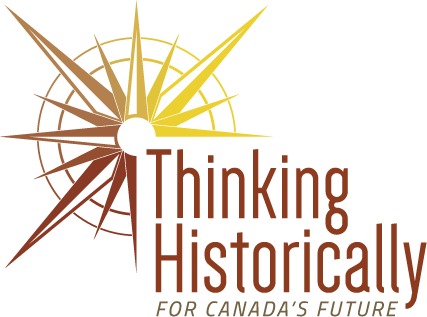Historical Empathy: A Cognitive-Affective Theory for History Education in Canada
Abstract
Historical empathy involves a process of attempting to understand the thoughts, feelings, experiences, decisions, and actions of people from the past within specific historical contexts. Although historical empathy has been a rich area of study in history education for several decades, this research has largely taken place outside of Canada. In this article, I argue that greater attention should be paid to historical empathy in Canadian history education research and curriculum because it can support learning outcomes related to historical thinking and historical consciousness, citizenship, and decolonizing and anti-racist approaches to history education. Drawing from and commenting on other scholarship, I present a cognitive-affective theory of historical empathy which includes five elements: (1) evidence and contextualization, (2) informed historical imagination, (3) historical perspectives, (4) ethical judgements, and (5) caring. Through exploring each element and some pedagogical considerations for educators, I emphasize the affective dimensions of history to centre their importance for history education in Canada.
Presenters
Karn, Sara
Name of conference, organization, journal, or publisher where KMb product appears
Canadian Journal of Educaton
Link
https://doi.org/10.7202/1074375ar
Publication or Presentation Date
3/25/2023
